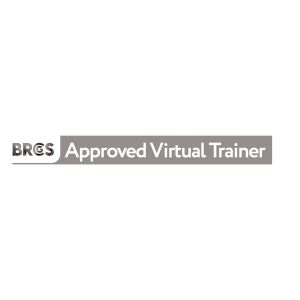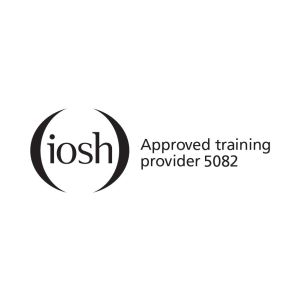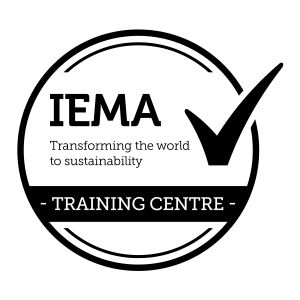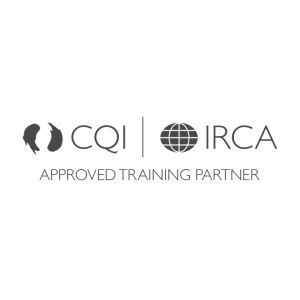
Advantages of Virtual Training – Top 5
COVID changed the training landscape. Many skills-based learning programmes would never have considered virtual training a possibility before COVID. How would you deal with practical learning? Role plays? Interviews? Surely interaction would be impaired?
Well necessity is definitely the mother of invention because along came COVID and courses were rewritten to work in a virtual format.
We now have several years of experience of virtual learning and it’s fair to say it works well and is still hugely popular. That’s not to say it’s for everyone – it’s not, nor is it right for every subject matter but it has found a permanent place in the market.
Let’s summarise the pros with this top 5
- Flexibility: Delegates can attend from anywhere, accommodating different time zones and personal schedules. In the busy world that we all live in this flexibility is really valuable. Training of all types is less likely to fall into the “I mean to when I have time….” category when virtual delivery is an option.
- Cost-Effective: Virtual delivery eliminates travel and accommodation, often making it more affordable. In the world of Management Systems Auditor training, overseas travel was routine and expensive and as such a barrier to participation for many.
- Access to Global Talent: Audit trainers are specialists and making them more accessible to delegates around the world without geographic limitations can only be a good thing for competence in the sector. Now specialist auditing knowledge and skills can be shared across the world at the cost of a good night’s sleep!
- Digital Resources: Remote training often integrates digital tools and resources with print versions. For an auditor, the training manual they receive on a training course is an invaluable reference tool that can be relied upon for years. In a digital format that manual is quickly and easily accessible when you need it.
- Eco-Friendly: Of course, there is an environmental benefit to electronic materials and reduced travel that we shouldn’t forget. You can reduce the carbon footprint of your training course (especially important on an ISO 14001 course!)
Do you lose some interaction from virtual deliveries?
The interaction changes. Most training providers re wrote their courses for remote delivery which in the case of accelerated learning courses meant ensuring the activities were suitable for the format. So, the interaction is there, the syllabus demands it, it’s just different from the interaction of a classroom.
So, are there any drawbacks to virtual learning?
One big one. Bringing teams together creates as much discussion, debate, innovation and learning outside the scheduled learning hours as within them. At the coffee table, in the breakroom, over lunch and dare I say it in the hotel bar!
Going to the kitchen for a cup of tea by myself just isn’t the same.
iqms Learning offer both virtual and classroom training on a public schedule or inhouse for your company’s staff. Contact us now for a chat about how we can bring management systems and environmental sustainability learning to life for you.









